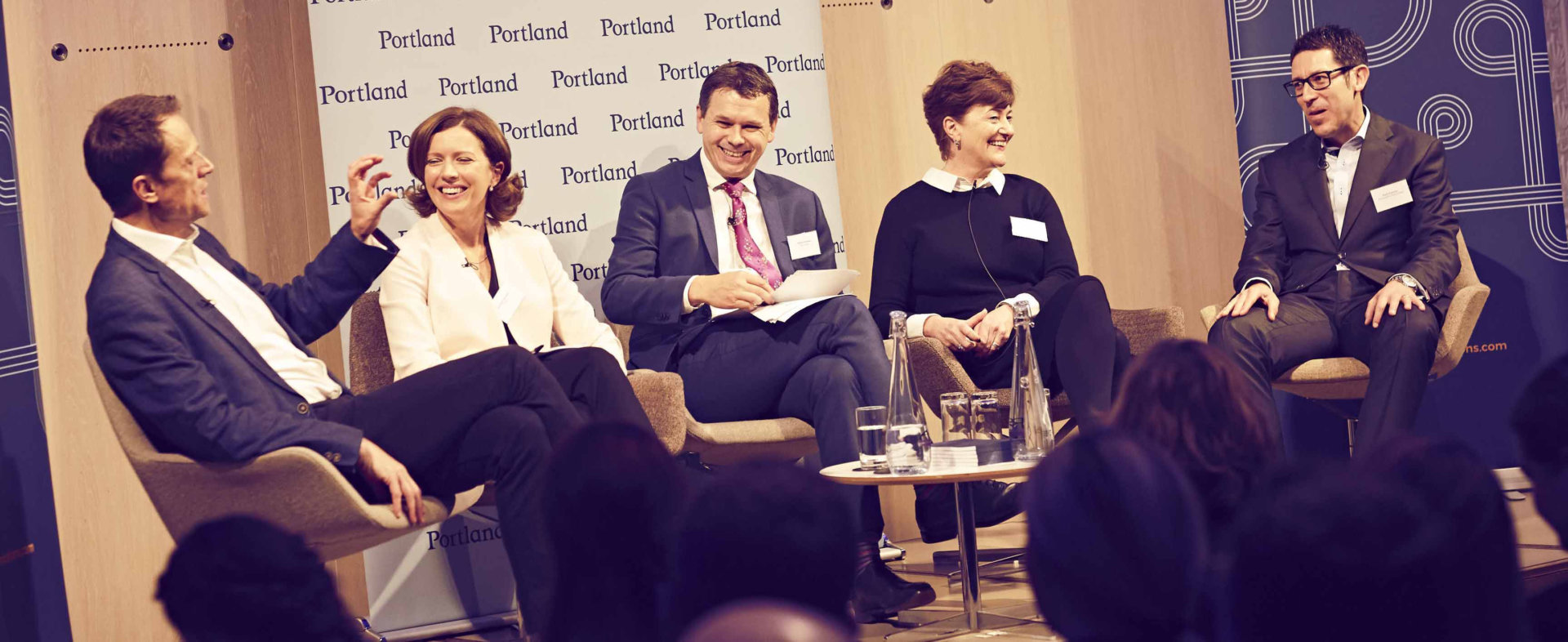Matthew Taylor’s Review of Employment Practices in the Modern Economy shines a spotlight on the profound changes currently transforming the world of work. We are seeing the arrival of greater automation, digitalisation, flexible contracts, and five generations in the workplace. Taylor’s Review sets an important milestone for businesses, organisations and politicians prompting them to rethink their approach to work and employee engagement.
Many previous research reports have highlighted the strong correlation between engaged workforces and successful businesses. As Taylor explains in his report, “there should be a renewed focus on good employee engagement. If more employers behaved as the best do, the long tail of lower productivity in the UK would be considerably shorter.”
Beyond productivity, engagement is also linked to fulfilment and people’s purpose when at work. The British Social Attitudes survey reveals that more than half of the UK population feel that work is more than just a way of making money, and it is a route to personal fulfilment, wellbeing and happiness.
The increase in the number of automated roles and those that look vulnerable to artificial intelligence causes real concerns for society. However, there is an opportunity for such changes to enhance the world of work. Research by Deloitte suggests that between 2001 and 2015, automation created approximately 4 times as many jobs as were lost. By taking away some of the more repetitive, menial aspects of work, modern technology can significantly improve the variety and quality of lower-paid jobs. Human perception, creativity and social intelligence are all key components of tasks that currently lie outside the domain of robots.
One change we have experienced is that the world of work has become increasingly public. All aspects of an organisation’s internal processes, and often communications, now face the potential to be raised and discussed in public. Internal emails are regularly leaked, pay gaps and ratios are becoming more and more transparent and social media reveals the good and bad of corporate life for millions of individuals worldwide. Organisations that demonstrate trust, care and the ability to listen to their employees have developed a reputational advantage.
To find out more, download our booklet showcasing business examples of how organisations can try to anticipate the future of work and drive successful employee engagement, by considering the employee experience.

